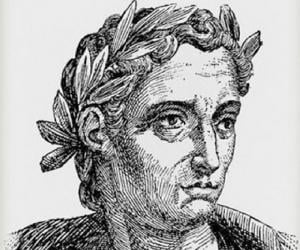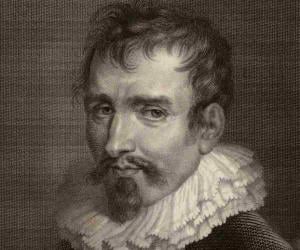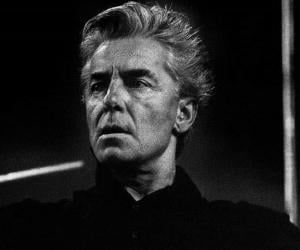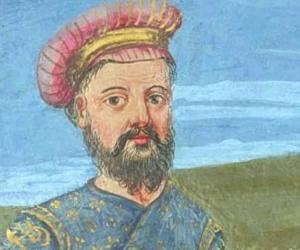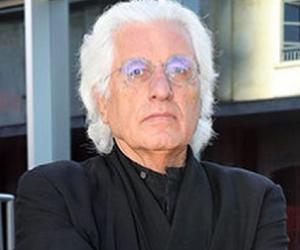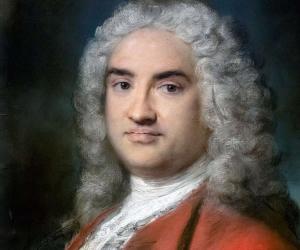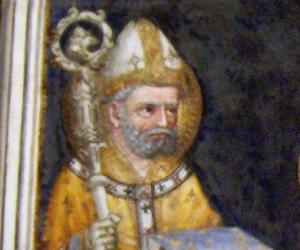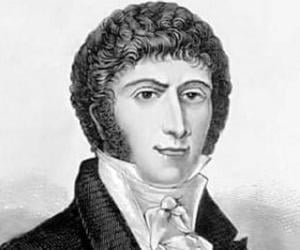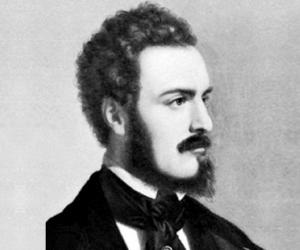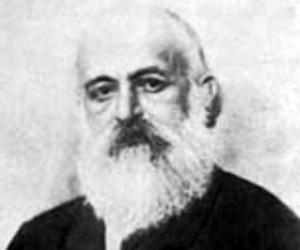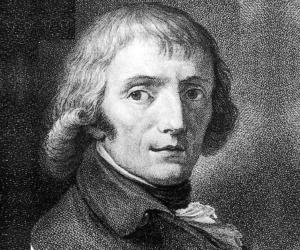1
Pliny the Younger
(Author, Lawyer)
Birthdate: 0061 AD
Birthplace: Como
Died: 0112 AD
Pliny the Younger was a prominent lawyer, author, and magistrate of Ancient Rome. He wrote numerous letters, 247 of which have survived, providing valuable historical insights. Serving as an imperial magistrate under Emperor Trajan, his correspondence with Trajan sheds light on the relationship between the imperial office and provincial governors. Pliny advanced through various civil and military positions in his career, establishing connections with notable figures such as Tacitus, Suetonius, and philosophers like Artemidorus and Euphrates the Stoic.
